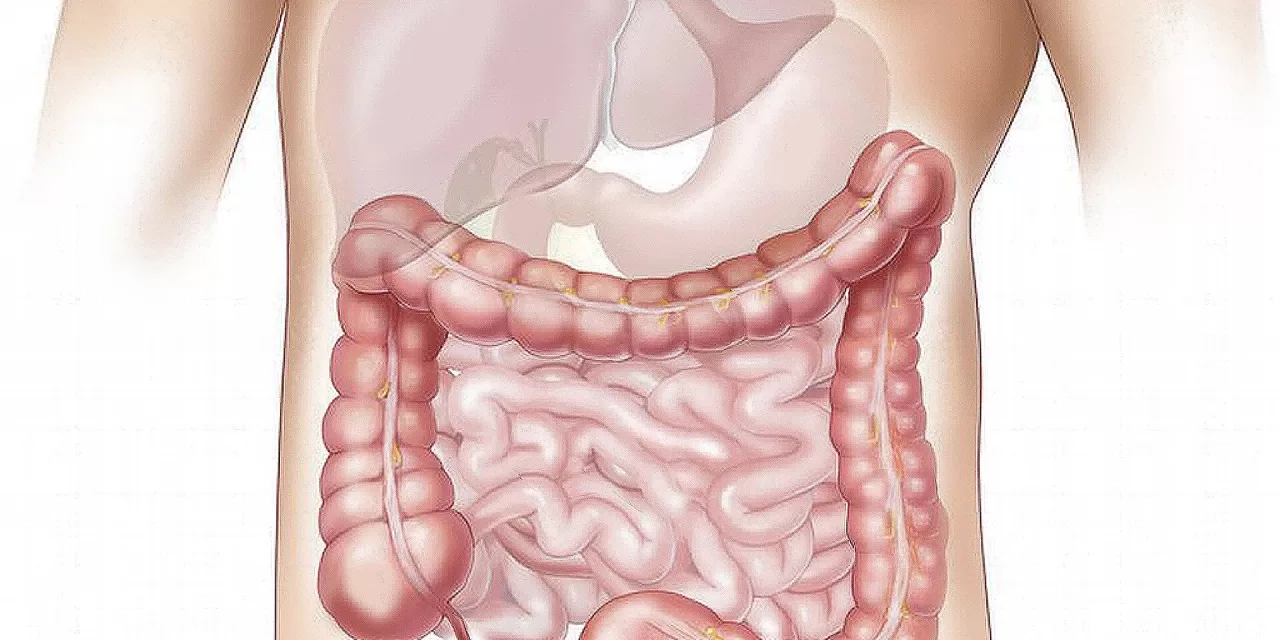Stockholm, Sweden – New research published in the American Journal of Gastroenterology suggests a strong connection between the oral microbiome and the development of upper gastrointestinal (UGI) disorders, including precancerous lesions.
The study, conducted by researchers at the Karolinska Institutet, analyzed the oral microbiomes of 388 adults undergoing upper endoscopy. They found distinct microbial signatures associated with various UGI conditions, such as gastroesophageal reflux, esophagitis, and even precancerous changes in the esophagus.
“Our findings highlight the potential of the oral microbiome as a valuable tool for early detection and monitoring of UGI disorders,” says lead author Fatemeh Sadeghi, PhD.
Key Takeaways:
- Saliva: Dysbiosis in saliva was linked to a wide range of UGI issues, making it a potential marker for general UGI health.
- Subgingival and Buccal Mucosa: These areas showed more specific associations with precancerous conditions like Barrett’s esophagus.
- Key Bacterial Genera: Prevotella and Fusobacterium in saliva, and Fretibacterium and Fusobacterium in subgingival samples were linked to specific UGI disorders.
Implications for Practice:
The researchers believe that analyzing the oral microbiome, particularly in subgingival and buccal regions, could help identify individuals at higher risk of developing precancerous lesions, allowing for earlier interventions. Saliva analysis, due to its ease of collection, could be useful for general population screening.
Limitations:
The study has some limitations. It relied on bacterial DNA, which doesn’t distinguish between active and inactive bacteria. Factors like diet and probiotic use were not considered. Additionally, the cross-sectional design prevents drawing conclusions about cause and effect.
Further Research:
Future studies are needed to investigate the causal relationship between oral microbiome dysbiosis and UGI disorders. Researchers also aim to develop more precise diagnostic tools based on these findings.
This research provides valuable insights into the complex interplay between the oral microbiome and UGI health, paving the way for improved diagnosis and potentially new preventative strategies for these conditions.
Disclaimer: This is a simplified news article for general information. For detailed medical advice, consult a healthcare professional.












